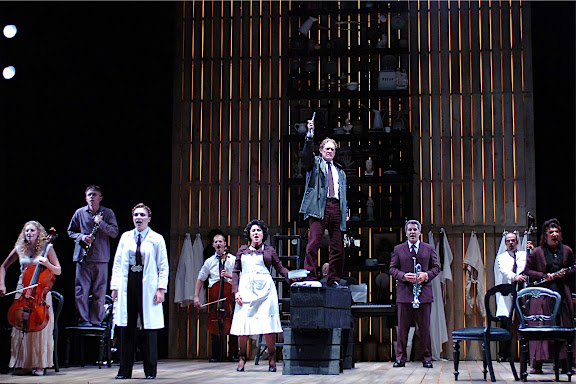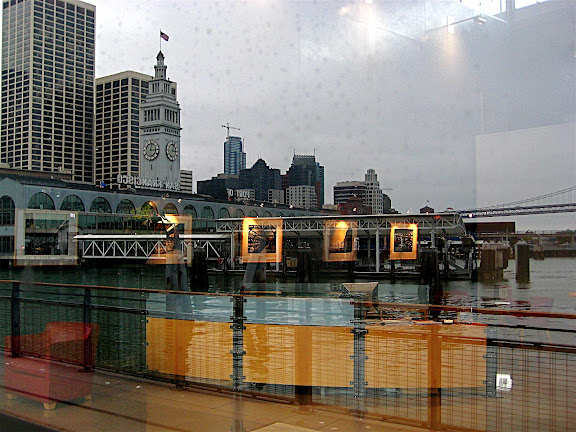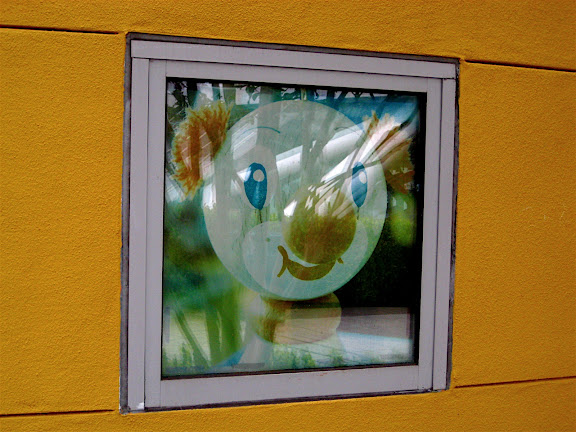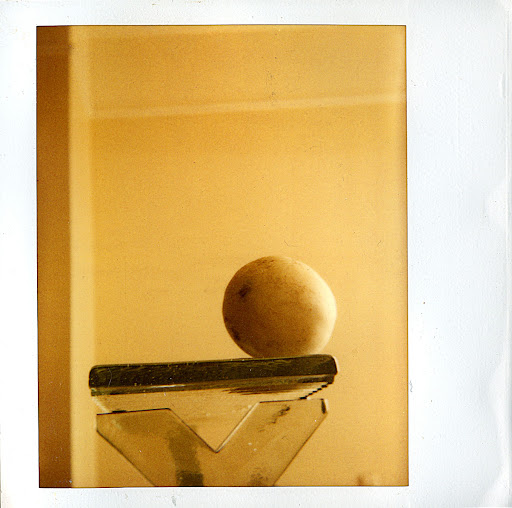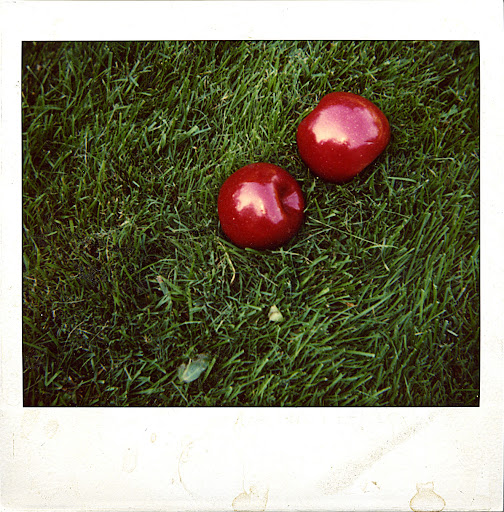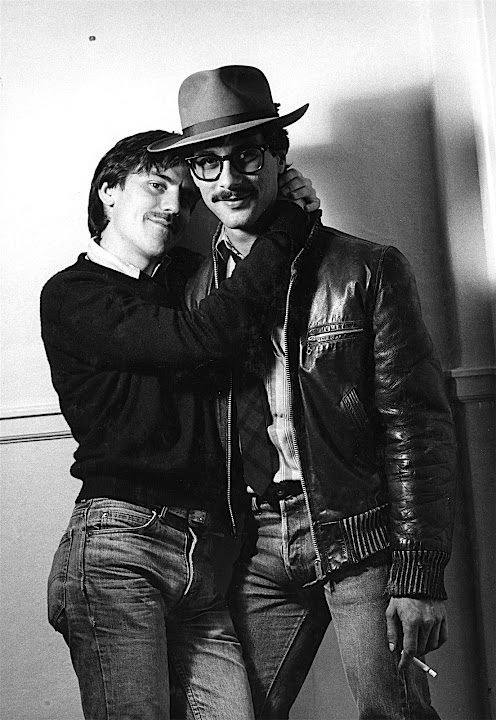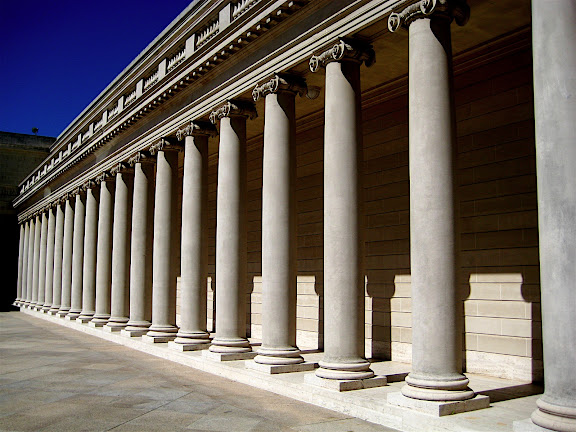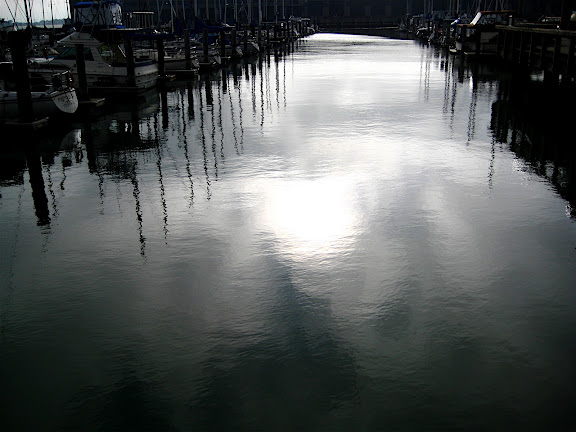I'm writing this post because I am going to interrupt my reading of Stephen O'Shea's engaging and impressive Sea of Faith: Islam and Christianity in the Medieval Mediterranean World about half way through ... we've just re-encountered the 1187 Battle of Hattin in which the Kurd Saladin more or less permanently put paid to the Latin kingdoms of the Outremer ... that is, he beat the Crusaders and opened the road to Jerusalem which he took shortly thereafter. I'm going to try to mow quickly through Mark Lilla's The Stillborn God: Religion, Politics, and the Modern West about which I previously wrote here. Descriptions of his thesis unnerve me a little. Even a casual reader of this blog will know that I am deeply suspcious of religion, consider it the root of all evil, and find religious hypocrisy to be the source of much of what ails us today.
But religion does not come from nowhere. First and foremost it comes from social power, and the so-called "world" religions derive from a relationship with the state as each evolves. But none of this denies that human beings are persistently ... what shall we call it ... "spiritual." And I want to address that before I read Lilla so that how his book might change me is the more evident if not to my reader at least to me. (I preface this promise to read with the proviso that finding time to read for a working stiff is a project, even for a working stiff with a love of books. I'll do my best to "mow" through the thing, but don't bother starting up a stopwatch.)
What we might broadly call spirituality is to me the encounter of the individual or the group with the ineffable. In the past, I found some utility in the decidely Christian work of Rudolf Otto in his Idea of the Holy, and especially his idea of the mysterium tremendum:
The feeling of it may at times come sweeping like a gentle tide, pervading the mind with a tranquil mood of deepest worship. It may pass over into a more set and lasting attribute of the soul, continuing, as it were, thrillingly vibrant and resonant, until at last it dies away and the soul resumes its 'profane', non-religious mood of everyday experience. It may burst in sudden eruption up from the depths of the soul with spasms and convulsions, or lead to the strangest excitements, to intoxicated frenzy, to transport, and to ecstasy. It has wild and demonic forms and can sink to an almost grisly horror and shuddering. It has its crude, barbaric antecedents and early manifestations, and again it may be developed into something beautiful and pure and glorious. It may become the hushed, trembling, and speechless humility of the creature in the presence of -- whom or what? In the presence of that which is a mystery inexpressible and above all creatures. [Oxford University Press, 1958 (originally published 1923), pp 12-13.]
When I was a graduate student encountering religion for the first time as an object of deep study, I was much taken with Otto. My great friend, Kurt Woodill, who was most assuredly anti-religious but by the same measure deeply spiritual, took great delight in long discussions of exactly what Otto has set out here. I doubt that I could have come to my present understanding of the spiritual without Kurt.
I think what Kurt expressed was that human beings have a deep ineluctable need to encounter the sum of forces that are beyond us. He saw it as a crossover of the animal and the human in us. So as we stand in awe of "the Universe," as he put it, we let loose of our human control over our environment and encounter on some level the acceptance that the animal feels.
From my earliest memories, I have looked at the night sky and let my imagination loose ... who is there, what is there? When I understood the concept of the light year, I imagined looking at a star who, when the light I was viewing left it, supported a great civilization that was at this very moment millions upon millions of years deceased. I remember contemplating my grandfather's death ... I was ten, his name was Arod ... and trying to imagine the difference from being dead for a moment and being dead for a thousand years. On the other hand, as it were, listening to the songs of birds sends me into a wordless torpor. I remember of moment of deep awakening one early morning 30 years ago in the rain in Vancouver when a Great Blue Heron, startled by my passing, flew up and past me no more than a few feet from my gaze. My heart trembled and I stopped to contempate the mystery.
Being of a scientific mind I can either explain or point to the explanation of others the meaning of stars and songbirds and the Great Blue Heron. But explanation does not reduce the feeling of the spirit.
But, equally, no religion is necessary to explain the feeling of the spirit.
I believe that religion is an assault on the spirit ... it finds the spirit at its most vulnerable and forces it to perform horrible acts, to reduce its possessor, to snuff out his freedom. It is not the necessary consequence of the spirit ... as Otto would hold ... but a cheap parlor trick in the name of the powerful and their perquisites.Now, this is not to deny that there has been much beauty in the name of religion. The assault on the spirit that is religion leaves a void which the various religious traditions fill through their mystical subsets. The austerity of the Islamic religious impulse created the suffused oneness cult of Sufism, just as it created saint worship. Buddhism postulates a continuous and seamless hierarchy of understanding that goes from profane ritual to, as they enthuse, extinction. Buddhism is the perfect religion for an atheist, despite the current mass marketing of the Unitarian Universalists that more or less postulates that they don't care what you believe, just come on down anyway. Christian mysticism (and I exclude the rather more mystically inclined Eastern variety because I know so little about its particulars other than its long-time proclivity to craven slobbering at autocrats) seems a poor cousin, notwithstanding the mysteries of Mary and what not, and cathedrals with all those immoderately unmodern and decidedly un-Protestant gargoyles.
I'm an old hippie ... well not really. I once affected the style of hippies at their moment in history, but I was actually an activist, a politico, and it is a little remembered, or leastwise inconvenient, fact that hippies and politicos did not get along. That may explain some part of the discomfiture that I had in the left because I had hippie and lefto in me. That's not the point. The hippie movement championed the notion of spirituality without religion. The social untenability of that in the long-term led many of its adherents to drug addiction and to that most loathesome regurgitation of the 60s, the Jesus freaks ... and, on the more positive side, to new age religions and shamanisic revivals. The new age stuff in many ways has made accommodations with power, but the shamanists remain, in a sense, romantic outlaws.
The problem for a secularist ... and hold on to yer horses because you are about to encounter a little atheistic arrogance which, by the by, is nothing compared to the arrogance of the en-gawd-ed ... is that the boundless dimensions of human stupidity provide a fertile field for religious attack. So, yes, the spiritual. But how do we imagine a society in which spirituality has a full field in which to blossom but religion and its dark and murderous urges are viewed as no more than the bizarre imaginings of a tiny coterie of the certifiably insane?
RL, my sainted roommate and bartender, just handed me a 100 proof rye on the rocks withn only the tiniest spash of soda water. Spirits, yes, spirits. I note that my instinct, which is just a little more "religious" in this instance than I might prefer, is that if one splash is good, then two must be better. No gourmet thinks this way, nor would any deep-thinker. If I applied my underdeveloped culinary tastes to deep-thought, I would be a Christian ... pile on, pile on, make great hay over nothing more than chaff in the wind.
And thus it is with religion. It takes the subtle, the sublime flavorings of the spiritual as we encounter a Universe vastly more numinous than what we can describe, more expansive than anything we can imagine, and it turns those imaginings into coarse death-worshipping religion whose first impulse and last action is to crush the spirit and the person, freedom and the mind.
Notwithstanding marveling at the sky and the birds, I am not a particularly spiritual person, but I think I grok the musings of spirit. I just cannot accept the movement of spirit to religion, nor the theft of spirit by religion, nor the argument that spirit is only proto-religion. Religion is not necessary in the same sense for me that a ruling class is not necessary. Very difficult to imagine how to get there from here.
Gonna leave this now because I am running out of steam. I think I will go into the back yard and wait for the moon to rise.
Photos by Arod. The first two are from windows in the Castro; the third from a window on Grant Street in North Beach, the last from Balmy Street, the incredible art alley off 24th in the Mission.
